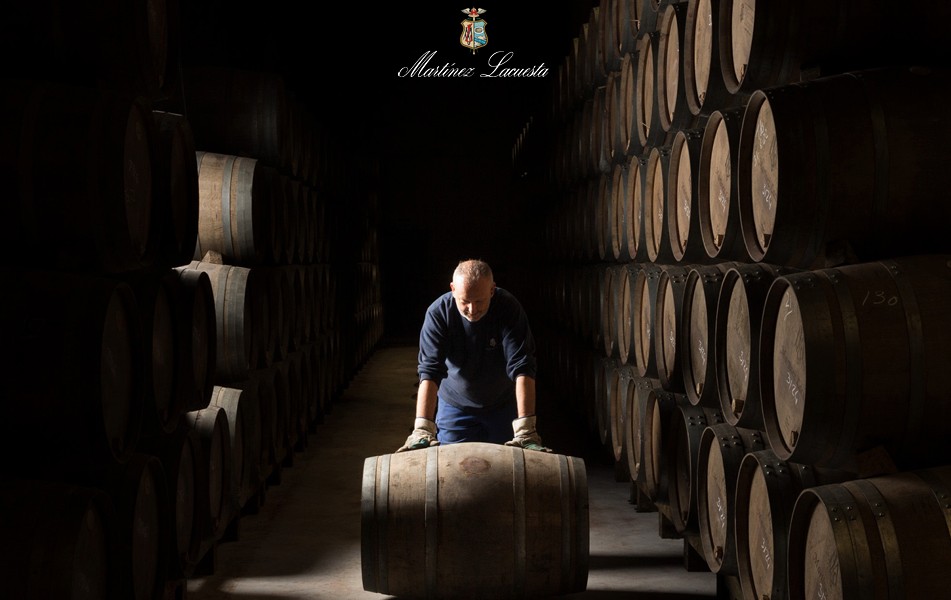2018 vintage in Sonoma ‘world-class’, says Christopher Jackson
Vintners across Sonoma County are in awe of the quality of this year’s harvest so far, with Christopher Jackson declaring the vintage ‘world-class’.
Christopher, the youngest child of Barbara Banke and the late Jess Jackson, expressed his delight at the white grapes already harvested from this vintage, when speaking at a dinner on Monday held at the Stonestreet Estate, as part of the Vinexpo Explorer concept, which saw 69 buyers descend on Sonoma County this week.
Speaking in particular about the Chardonnay from Stonestreet, a property based in Sonoma County that forms part of the Jackson Family Wines portfolio, he said, “It is better than ever, it has ripeness, texture, and the acidity has been maintained – which is critical.”
Summing up he said, “It is world class.”
As for the reds, he told db that the Jackson family were just starting to pick the Cabernets, but said, “As long as mother nature is understanding we have a world class vintage.”
It has also been a productive vintage, with yields generally 15-20% higher than average in Sonoma County, as the region enjoyed ideal conditions from the start of the growing season.
Nick Bevan, senior vice president at Jackson Family Wines, said that the vintage was in contrast to recent years, “It is extraordinary because nothing extraordinary happened.”
Similarly, Steve Dutton, who runs grape grower Dutton Goldfield described this harvest as “closer to what I consider a normal year than we have had in the last five years, when picking has started very early.”
“I remember that we used to pick into October and the beginning of November, so this is more normal, there’s no crazy push,” he said, referring to the gradual ripening of the grapes due to warm but not excessive temperatures throughout the growing season.
“We can pick later, we have lots of hang time, and we are seeing maturity in the flavours at lower sugars; it has the potential to be a really stellar year.”
Continuing, he recorded, “My two big varieties are Pinot Noir and Chardonnay, and both look and taste great, and we have nice yields – it reminds me of 1997, which was a great year, and a bigger year.”
Partner Content
Key to the gradual ripening of the bunches and the quality of the fruit has been this year’s “mild summer”, according to Dutton, stating, “There has been nothing to stress the vines.”
Confirming the higher yields this year, he said, “In some vineyards we have dropped as much as two tonnes to the acre and we still have a good crop.”
Meanwhile, Gonzague Lurton, who founded G&C Lurton-Trinité Estate in Sonoma with Claire Lurton in 2012, also remarked on the excellence of the 2018 harvest.
“We’ve had a cool September in Sonoma so we’ve had a naturally slow ripening, which is very nice, as we normally have a heatwave in September which pushes sugars up and acidity down so it’s difficult to know when to pick, but this is very smooth, so it will be a good year, and at least the same quality of 2013 and 2014, which were both very good years,” he said.
Turning his thoughts to Bordeaux, at Château Durfort Vivens in Margaux, which Gonzague Lurton has owned since 1961, he said that he was seeing unprecedented levels of ripeness.
“The Merlot grown on gravelly soils has reached 16% potential alcohol, which is the first time we have picked at that level, but it still has freshness,” he recorded.
Indeed, he said that the grapes he was harvesting in Bordeaux were more akin to the fruit he normally picks in Sonoma, such was the level of maturity achieved in France in 2018.
Concluding on his experience in Bordeaux, he said that the vintage would be very “rich”, and reminded him of the heatwave 2003 harvest in the region, although he added that this year “we knew how to manage it, we were much more prepared.”




